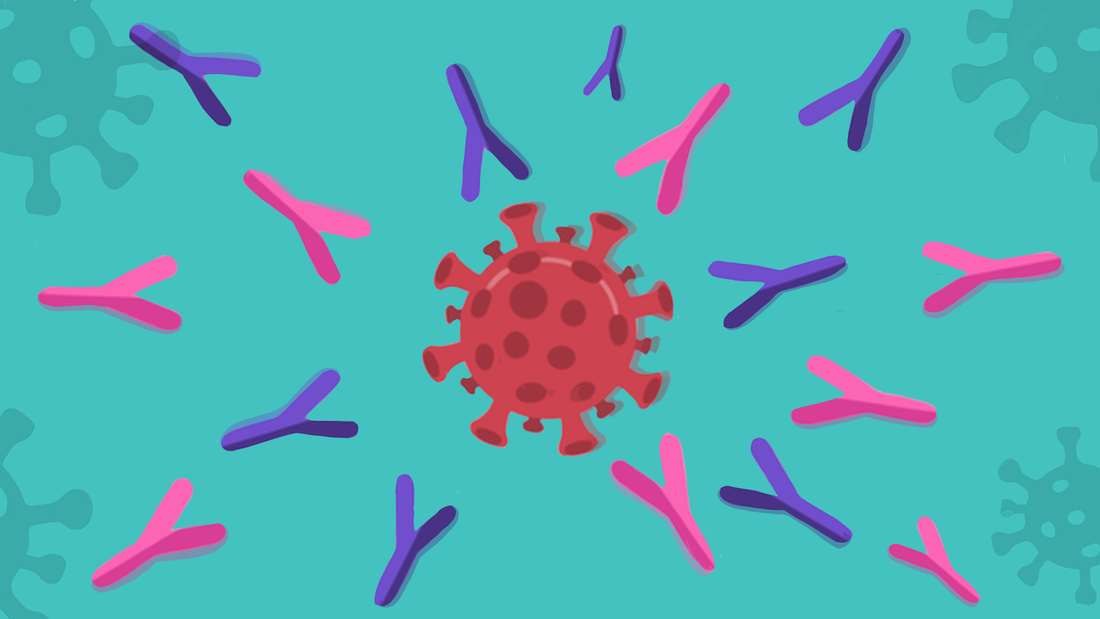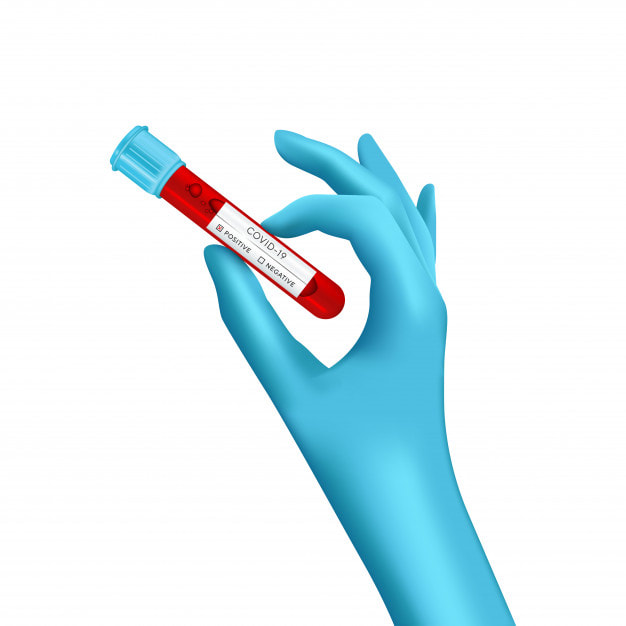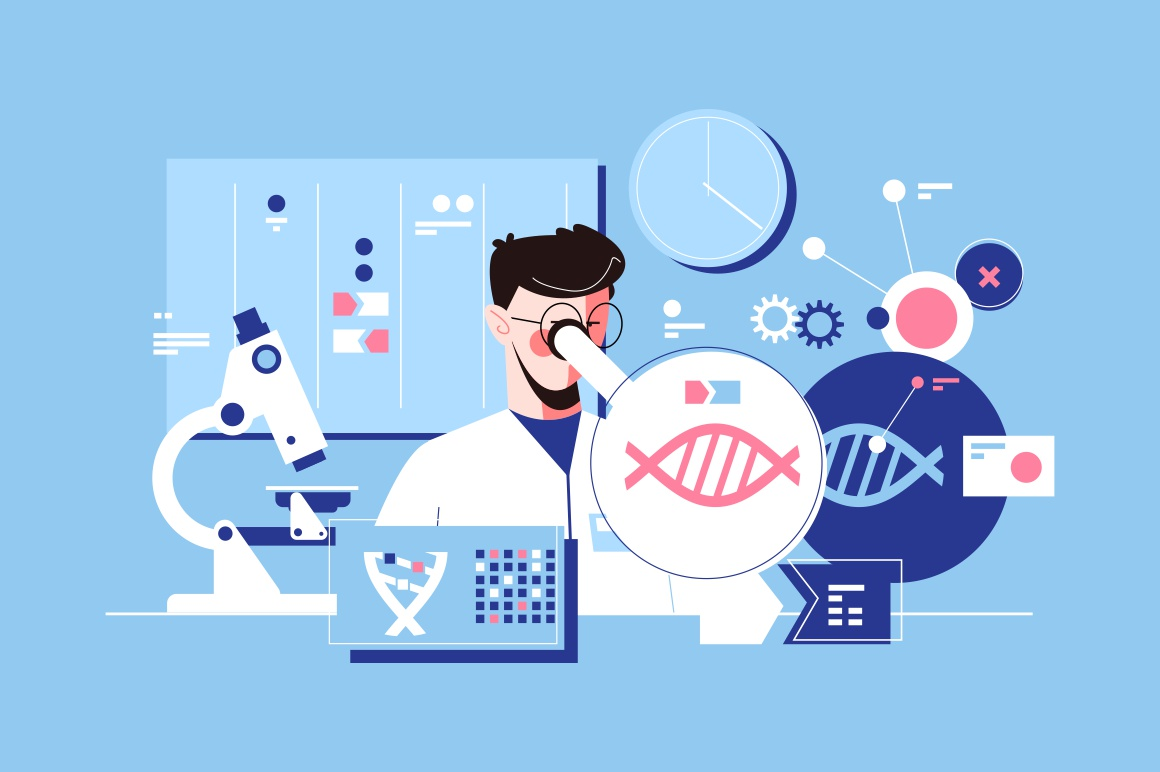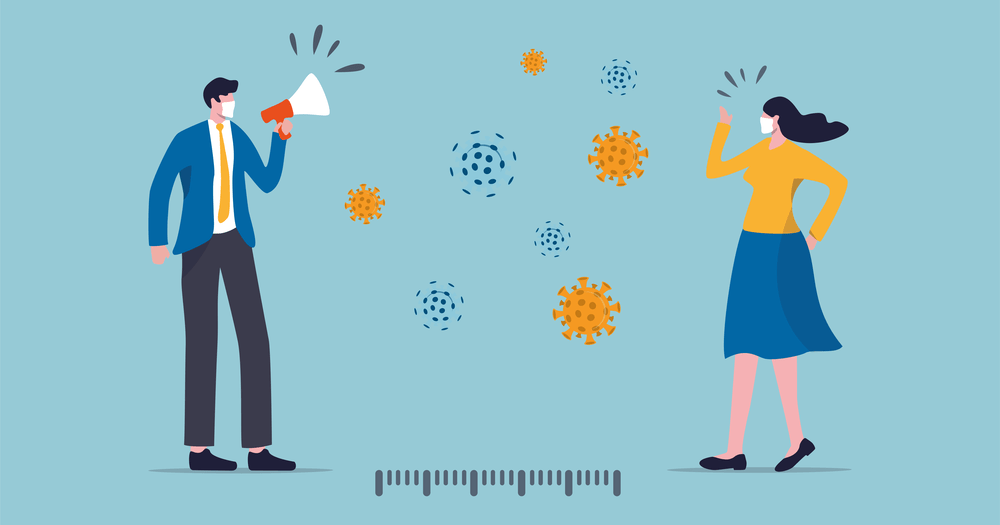|
Interview by: Hannah Lin (CC '23)
The following is a heavily condensed version of the full interview. If you're interested, read more here.
Could you describe your COVID-19 research? We have multiple projects going on in the lab:
2. Developing drugs for SARS-CoV-2 by targeting an enzyme of the virus called protease. Protease is a chemical scissor that is required to cut the viral proteins from big chunks to small pieces, and if you find a drug that can gum up that chemical scissor, the virus can no longer replicate and therefore would be blocked. We have a few chemical compounds that could do so, but not at very high activity at this point. We need to continue to work with chemists to synthesize what we call analogs, or related compounds, to see if any one of them will exhibit greater activity against the protease. 3. Developing rapid tests so we can quickly measure whether someone has the infection or not. 4. Pathogenesis studies: how the virus or its viral proteins could be triggering a bunch of immunological cascades--how that triggers the immune system to do damage to various organs—going from the lung to the heart to the kidneys to the liver, and even to the nervous system. Have you faced any setbacks in your research thus far? In general, I would say we have not had major setbacks so far. Everybody’s working 24/7. It’s all hands on deck, and the progress we have made in the last 2-3 months would rival progress that a laboratory would normally make in 2-3 years. It’s rather remarkable the speed with which research is being conducted. Not just in my lab, but in many labs throughout the world because of this pandemic.
Are there any misconceptions about COVID-19 you’d like to set straight? I think this pandemic is a real threat; one should not trivialize it. Most people don’t, but there’s a segment of society that has been believing that this isn’t such a big deal, and that’s because they haven’t seen the carnage or devastation that we see in the medical center here. While pausing at home is difficult, it is the proper thing to do to bring this outbreak under control. Fortunately, in New York, I think we’ve picked up well over the last couple months. But throughout the country, there are many regions that are not doing all that well, and yet they’re still opening up. As a specialist in this area, it frightens me a great deal.
particularly in virus research. It’s a reminder of how important this work is. We spend billions on defense against a foreign power, and yet we spend relatively little against a foe like this kind of virus; look at the devastation that has caused. This is nothing new; scientists have been saying a pandemic will come; it’s only a matter of when, not if. Yet the leadership of our country and many other countries simply don’t believe that. Hopefully, this is a wake-up call for everyone.
0 Comments
Your comment will be posted after it is approved.
Leave a Reply. |





